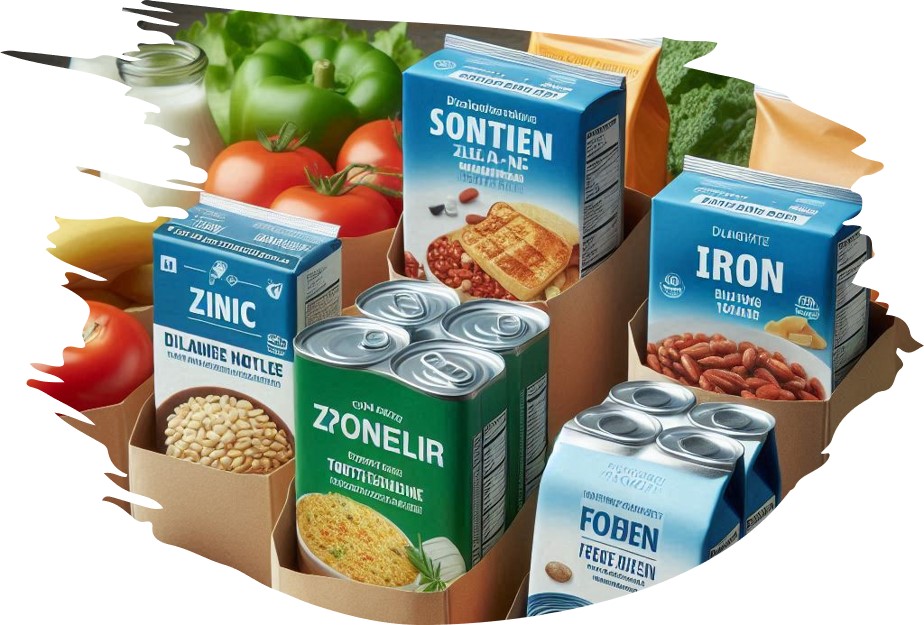How to Start Organic Farming? A Review of Basic Techniques to Cultivate Without Conventional Chemicals
By
Saqib Ali Ateel
&
Salman Ahmad
Ph.D. Agronomy
How to start organic farming? As consumers learn about the importance of organic food, the farmers are thinking about how to start organic farming. The answer to this question is more complicated in those countries where deficient systems are working to certify food as organic.
One of the most significant contributors to environmental degradation is farming with excessive fertilizers, pesticides and water use. By starting organic farming, we can produce not only healthy food but also minimize environmental pollutions. However, farmers are reluctant to start organic farming due to shortage of inputs, labour required, lower yield and marketing problems. In this review, we will try to explore the answer to this question.
Before Starting Organic Farming

Acquisition of basic knowledge is the first step towards success, as it makes concepts clear and helps in decision making. If you are interested in starting organic farming, at first find and contacts the local area's organic growers to get first-hand information about crops, climate, availability of inputs and management, expected challenges in adopting organic farming, and possible solutions their experiences. You further get the latest organic farming information using various sources like internet, videos, books, meeting/visiting with some scientist/experts etc.
Basic Techniques To Start Organic Farming
After getting sufficient necessary information, growers should start to learn from their own experiences. Organic production may be started from home (kitchen gardening, top roof gardening, etc.) and then shifted towards home gardens and field. To avoid uncertainty and minimize the risk of failure, farmers must adopt organic farming step by step on a small scale. Further, those practices are adopted, which are less expensive, easy to apply and less labour extensive.
Following are some basic techniques for adopting organic farming:
Sustainable Soil Management Practices
1- Mulching
It is the practice of covering the soil with some crop residues (organic mulch) or plastic sheet (in-organic mulch) material to conserve water, suppresses weeds, and minimize runoff leaching losses.
2- Intercropping
The growing of two crops (usually one exhaustive and another restorative crop) together to maintain soil health and diversified production. However, care must be taken to select and manage crops to avoid competition between crops for nutrients, water and light, and incidence of diseases on alternate crops.
3- Composting
Compost is the primary nutrient source for organically grown plants. It is made from crop residues, animal waste and kitchen waste. To make compost, a farmer should get advice from an expert/experienced person as it requires some technical and labour, but it is not too expensive. However, at a larger scale, farmers should grow some fast-growing leguminous crops that provide sufficient biomass to make compost.
4- Green Manuring
The leguminous are attractive crops in agriculture as green manuring. They help in increasing soil organic content to improve soil structure and fertility when mixed in the soil. In fallow land, this practice can be done as a whole crop. It can also be added in crop rotation or growing in strips between the crops. It is necessary to know crop species selected for green manuring.
5- Terraces and Bunds Making
Construction of bunds around the soil in plain areas and terraces along slopes in hilly regions is vital for reducing soil erosion and runoff to conserve soil and reduce nutrient loss.
6- Use of Microorganism
Organically managed soils should have a significantly higher amount and activities of microorganisms. Soil microorganisms play an essential role in improving soil structure, fertility, and more nutrients.
Plant Protection Measures
1- Prevention Measures
These are the precautions that minimize soil deterioration and pest/diseases in the crop field. These include selecting resistant varieties, cleaning watercourses (to control the entry of weed seeds in the field through water), sowing dates, planting techniques and densities etc.
2- Use of Bio-control Agents
Control on pest and diseases using friendly insects and microorganism is the best strategy for minimizing environmental pollution and pesticide residual effects on edible products. However, it is necessary to establish a natural pest/ predator equilibrium for successful biological control.
3- Crop Rotation
It is the growing of crops in a sequence that improves soil health and controls the pest/ diseases by destroying alternate habitats, production of natural growth suppressing chemicals, and promoting biological control agents.
4- Use of Biopesticides
Plants based extracts (mostly from the medicinal plant) are proved successfully for pest control. These extracts contain natural pest control substances and pungent smell which repel and kill the pest and keep plants healthier.
5- Agroforestry
Planting trees/hedges and the field borders work as windbreaks, reduce runoff, act as a source of renewable energies and provide the raw material for the production of Biopesticides. It is also a source of additional income for farmers as well.
Adaptation of practices mentioned above is necessary and helpful for small scale organic farming. After successful execution, it may gradually be shifted at a larger scale for inputs, one of the main limiting factors for organic agriculture.
Suggestions
• To promote organic farming, value addition of organic products and their successful marketing is prerequisite.
• Small scale organic production should be promoted at the government level.
• The main problem of organic farming is more labour requirement. So, research on environment-friendly technologies like sensors, mechanical implements, and robotics should be focused on.
• Research/planning on effective biological control through bio-agents and bio-pesticides should be encouraged.
Adaptation and promotion of organic farming are necessary for a healthy environment and good health. To start organic farming, basic knowledge and understanding of techniques can be gained by consultation with experts and organic growers and then by self-experience. It is advisable to start organic farming on a small scale to arrange inputs and crop management. Establishment and accessibility to market are necessary for the promotion of organic agriculture. Further, more focus and research is needed for cooping the challenges faced by growers for organic production.
References:
Environmental Benefits of Organic Farming
Bitter Apple Spray for Organic Farming
Tobacco Leaves for Organic Farming
What's New?
-
What are iron fortified foods?
Iron fortified foods contain additional iron to help prevent deficiencies and support overall health, particularly in children and pregnant women. -
What are fortified foods?
What are fortified foods? How are they different from staple and common everyday foods? -
Baby Organic Food: “To be, or not to be, that is the question”
Baby organic food is free from insecticides, weedicides and residues of synthetic fertilizers thus much safer for babies

DOWNLOAD!



